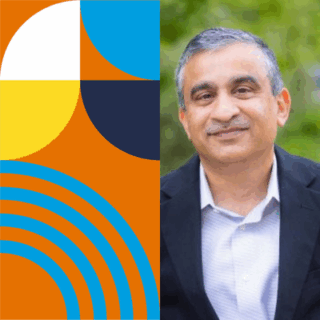Whether we like it or not, digital technologies are integral to our modern society and our everyday life. They mediate global connections through multi-scale networks for trade, human mobility, social interactions, and information sharing.
Technology can either contribute to or undermine personal health and well-being; the ability to create, access, and disseminate high-quality information; the free exchange of goods and services; and opportunities to participate in civil society. Contagion science provides a valuable viewpoint for understanding the process of how things-including information, beliefs and attitudes, and goods and services-transmit from one agent to another in these networks.
As such, we seek participation from broad cross-disciplinary perspectives including biological, computational, social, economic, behavioral, and political realms.




Research & Programming
Social Contagions, AI, and Democracy